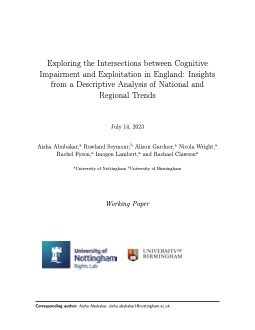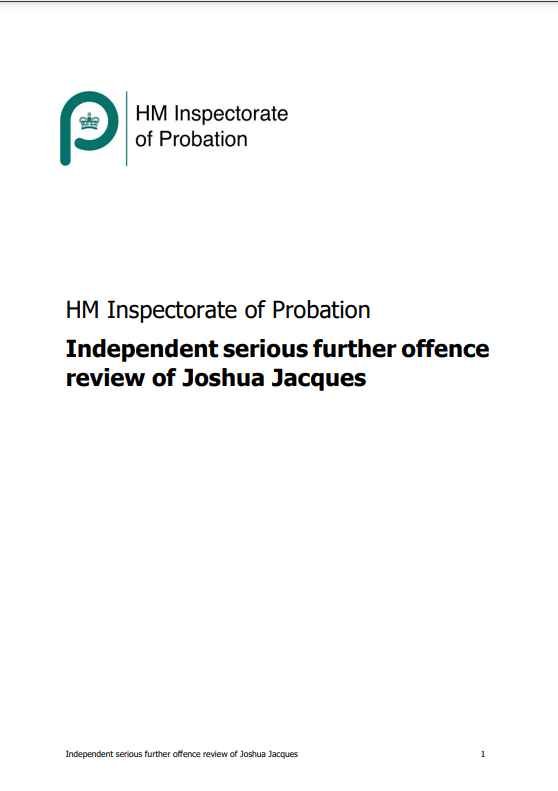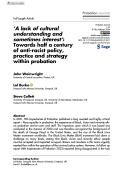By Danielle Kaeble
An estimated 3,772,000 adults were under community supervision at yearend 2023, a 0.7% increase from 3,744,100 on January 1, 2023 (figure 1, table 1). 1 This change was due to an increase in the number of adults on probation, who made up 82% of the community supervision population at yearend. The probation population rose 1.3% during 2023, from 3,064,200 to 3,103,400. The number of adults on parole fell from 700,800 to 680,400 (down 2.9%) during 2023. Findings in this report are from the Bureau of Justice Statistics’ (BJS) Annual Probation Survey, Annual Parole Survey, and Federal Justice Statistics Program, which collect data on adults placed on correctional supervision (entries) or removed from supervision (exits) during the reporting year and on characteristics of the population at yearend. These are the only national data collections that cover community corrections in all 50 states, the District of Columbia, and the U.S. federal system. Findings focus largely on changes in the community supervision population within a given year to minimize the effect of factors such as administrative changes or agency reporting differences.
Washington, DC: U.S. Department of Justice Office of Justice Programs Bureau of Justice Statistics , 2025. 43p..





















